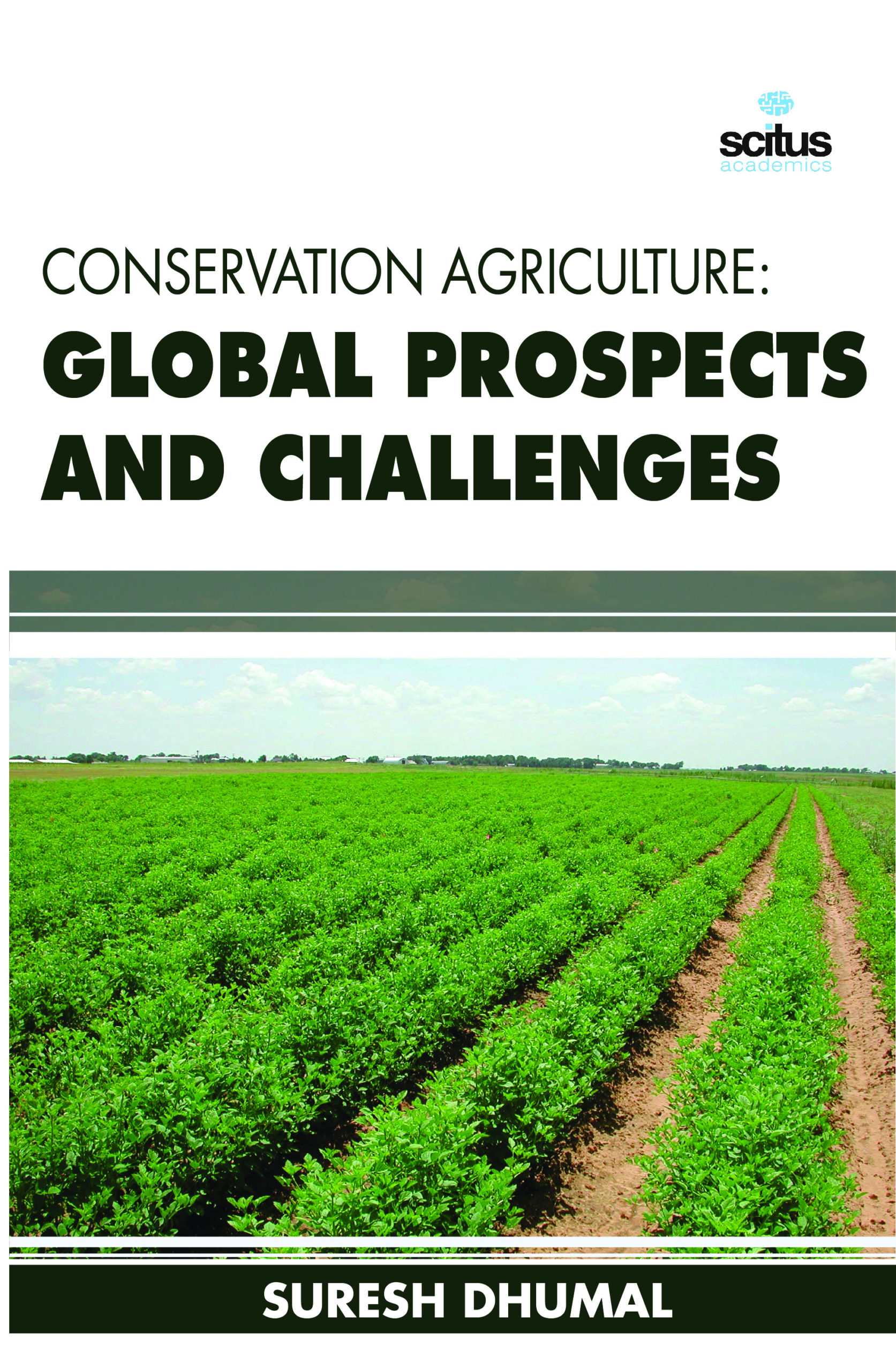It is known that agricultural practices influence the quality and integrity of the natural resource base, especially soil and water quality and availability, which in turn impacts the sustainability of the production system and food quality. Over the last several decades, a general trend in the degradation of soil resource base has been observed. This degradation has been most severe in the developing nations, where the need for increased nutritious food is also the greatest. Lack of required investment in maintaining the quality of the soil resource base coupled with improper management of natural resources, has indeed led to large-scale soil degradation, which is further jeopardizing environmental quality and food security especially for smallholder, resource-poor farmers in the developing world. However, it is not necessary that agricultural activities should lead to degradation of the natural resource base. In fact, agricultural practices that are focused on soil health and are in harmony with the ecosystem are sustainable in maintaining productivity at an enhanced level. Among the several practices used in diverse intensified production systems, especially in tropical agriculture, soil tillage and the lack of adequate organic matter input to the soil have a heavy toll in maintaining the integrity of the soil. Nothing short of a new agricultural production paradigm is needed to sustainably enhance the soil resource base and productivity and simultaneously rehabilitate degraded soils.













